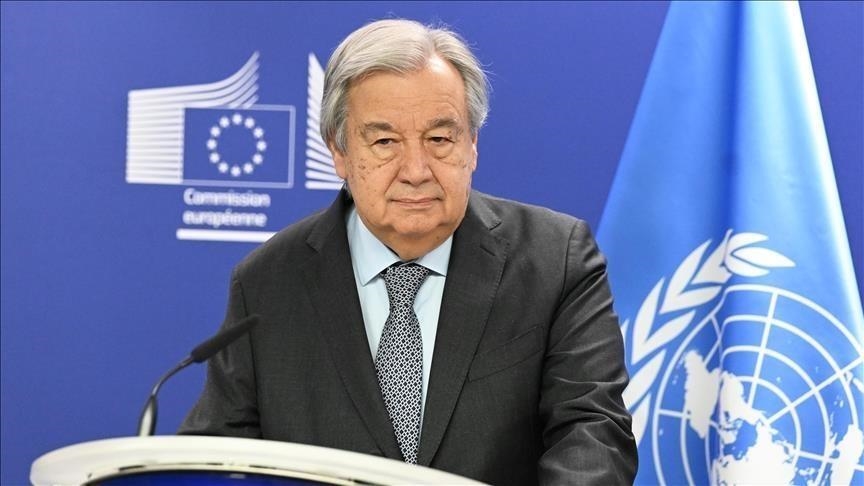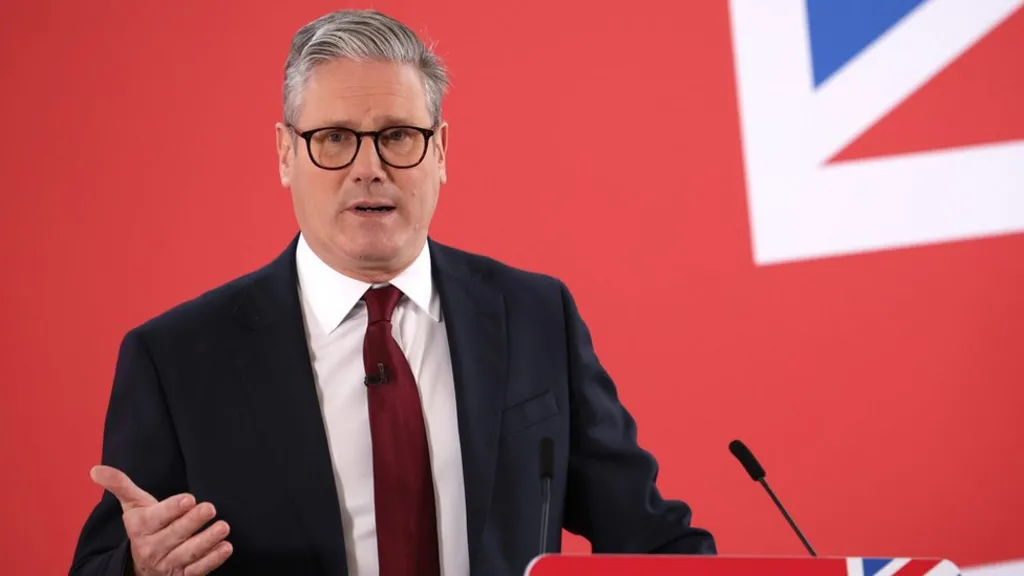The International Court of Justice (ICJ) issued provisional measures on May 24, 2024, for the third time in a case brought by South Africa against Israel, alleging violations of the Genocide Convention in Gaza. The ICJ ordered Israel to “immediately halt its military offensive” in Rafah, which could potentially lead to the destruction of the Palestinian group. The court also mandated Israel to open the Rafah crossing, allow UN fact-finders into Gaza, and report its compliance within a month.
The ICJ’s order, while somewhat vague, clearly requires Israel to avoid any action in Rafah that could result in substantial Palestinian fatalities, either through direct attacks or displacement to inhospitable areas. The court deemed Israel’s ongoing military offensive as such an action, aiming to expel hundreds of thousands of civilians without providing for their basic needs, followed by deadly air and ground operations. This offensive must cease immediately, although Israel may conduct other military operations in Rafah that do not pose similar risks.
The ICJ first established that the situation in Gaza had significantly worsened since its previous order, describing it as “disastrous.” The court found that these developments, including the military offensive in Rafah and the resulting large-scale displacement of Palestinians, constituted a change in circumstances. The court also determined that its prior orders did not fully address the consequences of this change.
The ICJ then confirmed that the legal criteria for indicating provisional measures were met. The court reaffirmed its jurisdiction and the plausibility of some rights claimed by South Africa, including “the right of the Palestinians in Gaza to be protected from acts of genocide.” Importantly, the court found that Israel’s military offensive in Rafah posed a further risk of irreparable harm to these rights, necessitating urgent action.
The ICJ observed that senior UN officials had consistently highlighted the immense risks associated with a military offensive in Rafah. The court noted that these risks had begun to materialize, with Israel’s offensive already disabling critical hospitals and restricting access to food warehouses. The court found Israel’s assurances of civilian safety unconvincing, stating that Israel had not provided sufficient information regarding the safety of displaced Palestinians.
The ICJ concluded that additional provisional measures were urgently needed to protect the rights of Gaza’s Palestinians under the Genocide Convention. The court reaffirmed its prior orders and indicated four new provisional measures, ordering Israel to halt its military offensive, maintain the Rafah crossing open, allow UN-mandated investigative bodies into Gaza, and submit a compliance report within a month.











Модные советы по выбору необычных видов на каждый день.
Статьи стилистов, новости, все новые коллекции и мероприятия.
https://heyjinni.com/read-blog/134739
I was looking at some of your articles on this
site and I conceive this website is really informative!
Continue putting up.Raise blog range